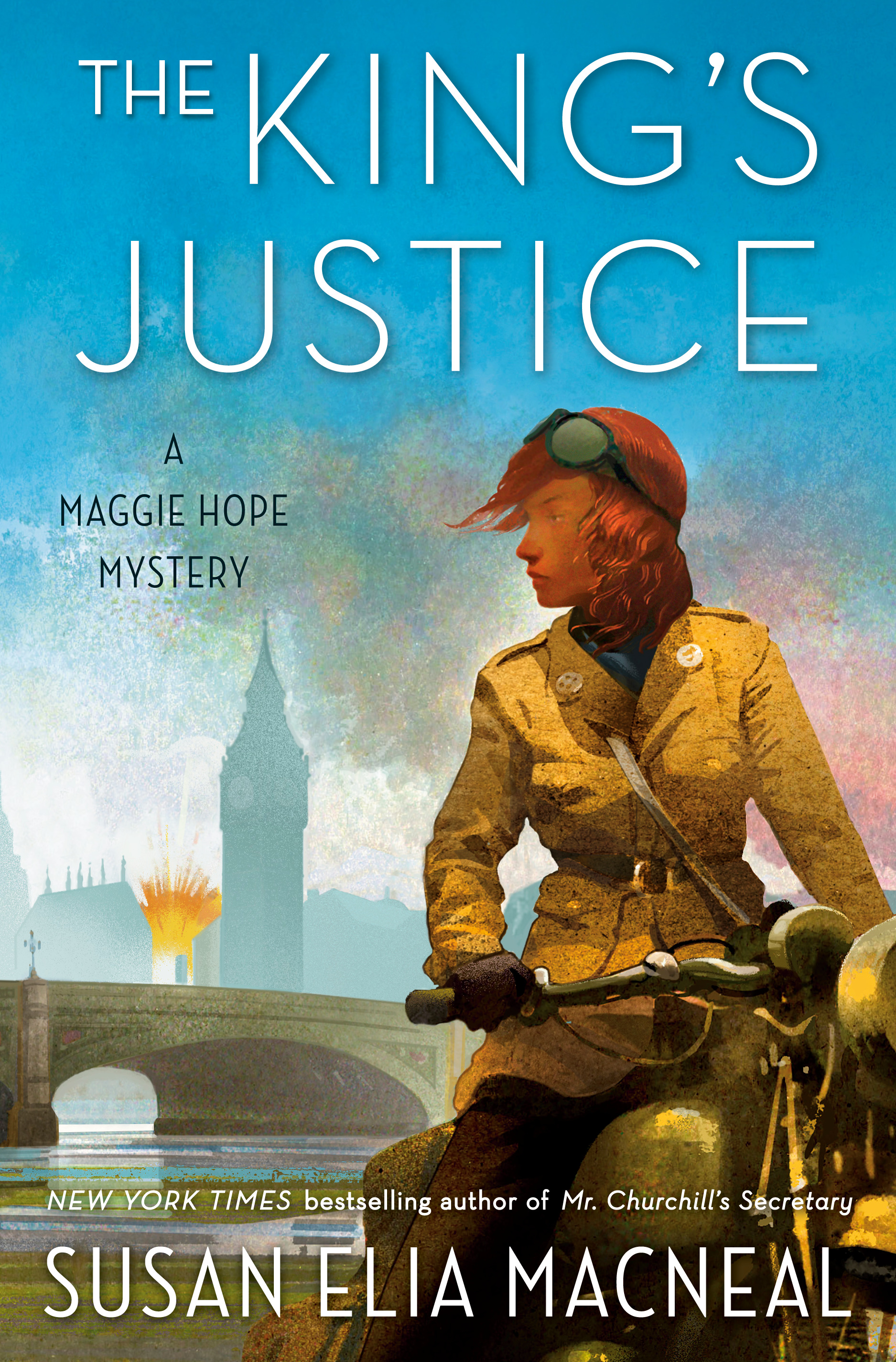When I first began to freelance as a novelist, I thought it was the best of all worlds—I could be at home with my young son and write novels. It worked.
For a while.
I was putting out a novel a year, while never missing any of my son’s life.
I was also promoting my books, blogging, and taking care of my increasingly ailing mother-in-law, who eventually moved in with us. My own parents were struggling with dementia, as well. At one point I was cooking three different meals every night—one for my son, who had extreme allergies, one for my mother-in-law, who liked her meat and potatoes, and one for my husband and me, who were trying to be healthy. And did I mention we were living in a “cozy” two-bedroom in Brooklyn? Three adults, a child, and two cats under one roof. Exhilaration soon turned to exhaustion. I struggled. But once you’re on the hamster wheel, it starts to feel normal. Resentment and disillusionment and disengagement become part of the very oxygen you breathe.
And here’s where we hear the omniscient narrator’s voiceover: “It couldn’t last.”
In the mid-twentieth century, the term burnout often referred to rocket engines that had run out of fuel and were dropping from the sky, crashing to the ground. The Merriam-Webster Dictionary defines burnout as “exhaustion of physical or emotional strength or motivation usually as a result of prolonged stress or frustration.”
Yes, I was burned out. I felt increasingly exhausted, put out, harassed, and stressed. Not to mention resentful and anxious. I gained weight, lost hair, and my blood pressure went up. I was seriously grumpy and closely identified with Eeyore. And still I worked every day, even on Sundays, even on vacation. What if I’m not all that good? I’d think. What if no one will wait longer than a year for my books? What if people will forget about me? This wasn’t just vanity; My family depended on my royalty checks.
It was … not pretty. (Narrator: “That’s an understatement.”) And at a certain point, after my mother-in-law and my mother died, my body and my mind gave out. I was constantly sick—bronchitis, pneumonia, anemia. I was anxious and depressed. And, unfortunately, burnout isn’t solved by a single good night’s sleep or homemade chicken soup. You’re just too far gone.
The thing no one tells you is that when you suddenly stop living on stress and adrenaline, you may feel bereft. You’ve stopped—but you’re still exhausted and irritable and you’re not really sure how, of if you even can, make it go away. I wish I could say that there’s some kind of magical answer, but there isn’t. (Narrator: “No kidding.”) It took time. And rest. And exercise. And healthy food. And reading books. And cutting back on social media.
It was hard. Writing novels is a long-term process with few daily gratifications. A popular blog post of Instagram picture with lots of likes can give a temporary lift. But is it important to a writer’s career?
Cutting back is tricky for a novelist. I mean, I couldn’t stop writing. But I could focus on the writing fiction part, which I always loved and felt so grateful to be able to do—and stop a lot of the distracting things. No one would really care if I didn’t answer all my emails in an hour. No one really cared if I didn’t post every day on social media. No one really cared if I blogged. (A low point was writing a blog post about blogging while I was on vacation. Yes, I was on vacation, and still blogging. There’s even a picture of me in the backseat of our car, on a summer family trip to New England, working on my laptop. Not writing fiction, but crafting yet another somewhat superficial and inane blog post.) So I stopped doing too much—and started to feel better, although part of me was truly worried I’d sunk my career. I mean, engaging with readers is important, right? That’s what we’re all taught? But I stepped back and my book sales weren’t affected. And I think—I’d like to think, that readers care more about the stories in my books and the character—than if I blog or tweet or post a photo to IG every day. Slowly but surely, I started to replace some of the coping mechanisms I’d started to depend on to survive and replace them with long-term behaviors that would allow me to thrive.
I wish I could say it’s been all good from there—I’m not a doctor or a researcher, but it seems that once you’ve been through burnout, you’re more vulnerable to it happening again. But I’m more aware of things that lead to it—and how to take care of myself so it’s less likely to happen again. I often think about a note my husband left for me during one of my darkest days, quoting Winnie the Pooh: You are braver than you believe, and stronger than you seem, and smarter than you think. (Narrator: “And he was right.”)

Follow us here and subscribe here for all the latest news on how you can keep Thriving.
Stay up to date or catch-up on all our podcasts with Arianna Huffington here.


